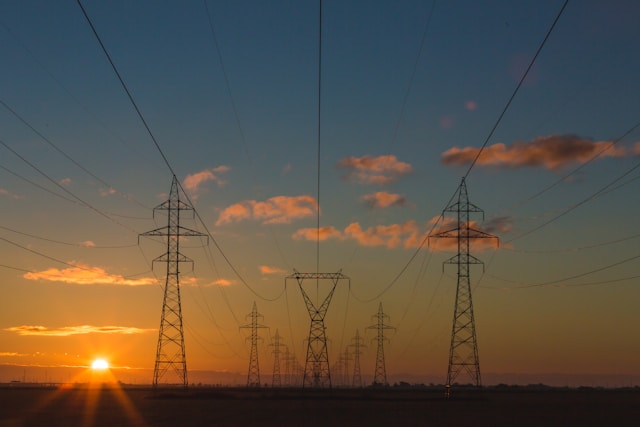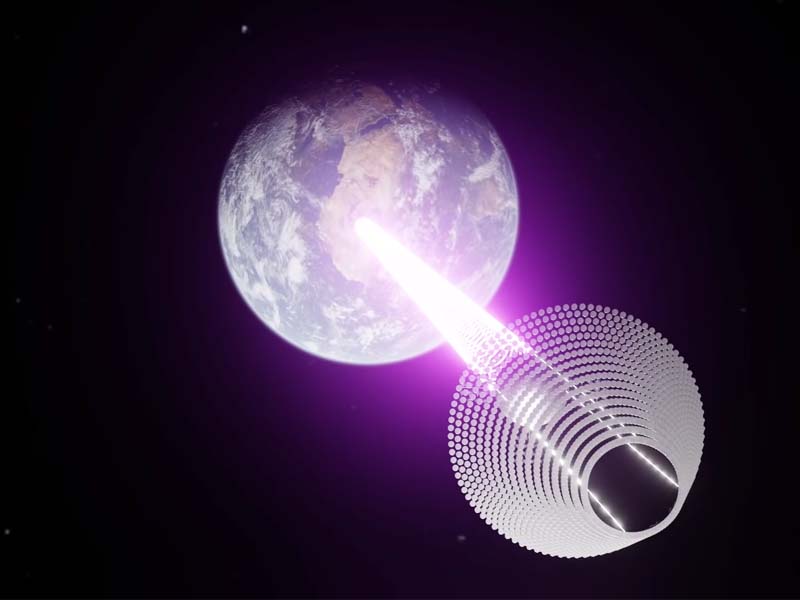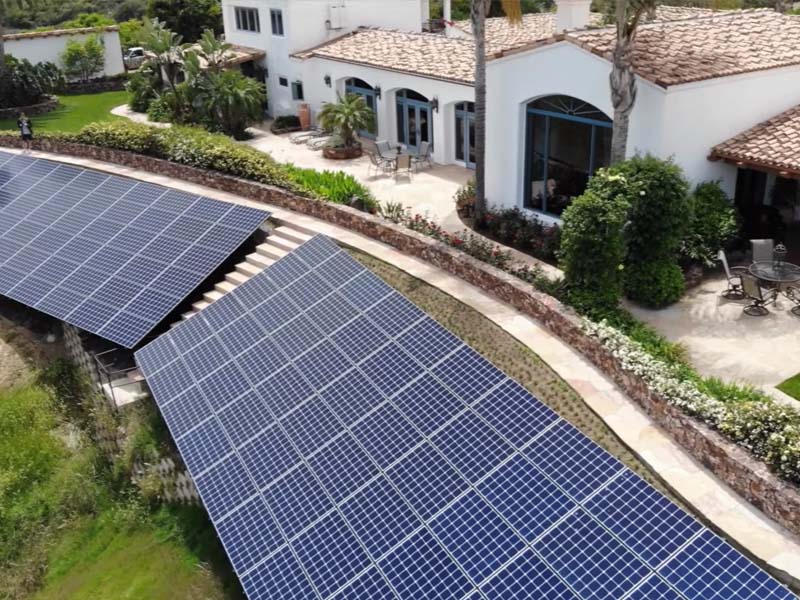What are the different types of power plants used to generate energy?
Nuclear, coal and wind are just three types of energy that are used to generate electricity in power plants across the world. But as a number of countries continue to move away from high-polluting fossil fuels towards low-carbon alternatives, the dynamic of how and where power plants operate is constantly changing.
Just the Facts:
Renewable vs. Non-renewable Energy
The terms alternative energy, clean energy, green energy, and sustainable energy are not uncommon to hear these days. You may even note a sense of urgency around them. But do you know why? These are all common phrases used in reference to renewable energy resources. And what about non-renewable energy?
What Makes Energy Renewable?
Renewable energy is the energy we derive from many of Earth’s naturally occurring resources, including wind, water, and sun. We call these resources renewable or sustainable (as in sustainable energy) since they are inexhaustible.
What Are Renewable Sources of Energy?
In its early stages, the costs and limitations of alternative energy didn’t make it as practical for widespread commercial use as it is now. Fortunately, renewable energy source options are steadily growing and improving.
Advantages and Disadvantages of Non-Renewable Energy
There have been long-running debates on the advantages and disadvantages of non-renewable energy sources. Hence, the consumers must be aware of both sides of the coin.
What is a Non-Renewable Resource?
A non-renewable resource refers to a natural resource that is found beneath the earth, which when consumed, does not replenish at the same speed at which it is used up. The resources typically take millions of years to develop.

What Are the Pros and Cons of Using Renewable
Resources?
Each alternative energy source has its advantages and disadvantages. Here, we’ll take a look at the positives and negatives of renewable resources as a whole.
Get a free
Subscription
Learn more about energy with our articles right in your inbox
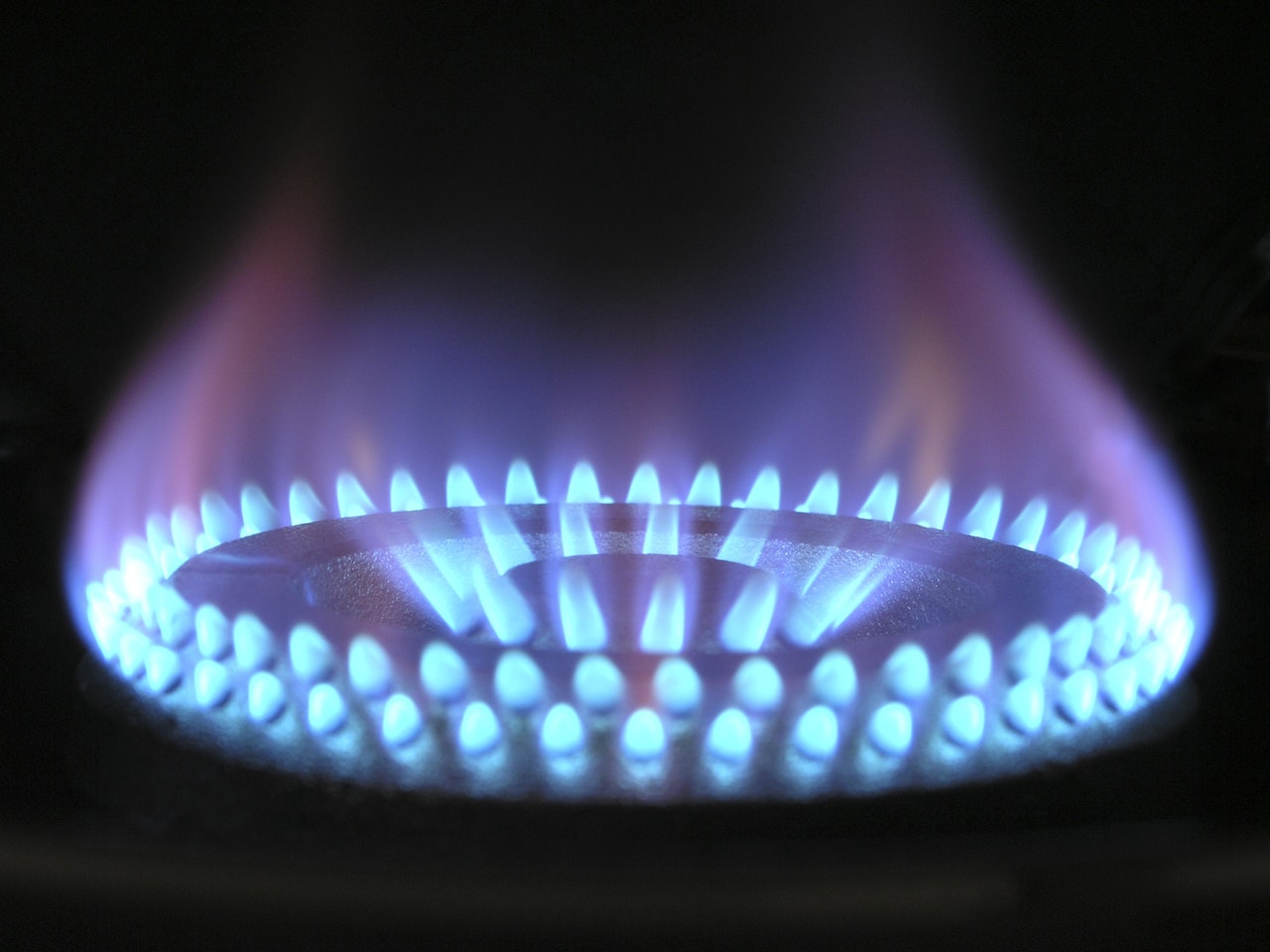
What is a Non-Renewable Resource?
Apart from non-renewable resources, there also exist renewable resources that are also a source of energy. Renewable resources can be sustained since they replenish naturally. Examples of renewable resources include wind and sunlight, which are used to generate wind power energy and solar power energy, respectively.
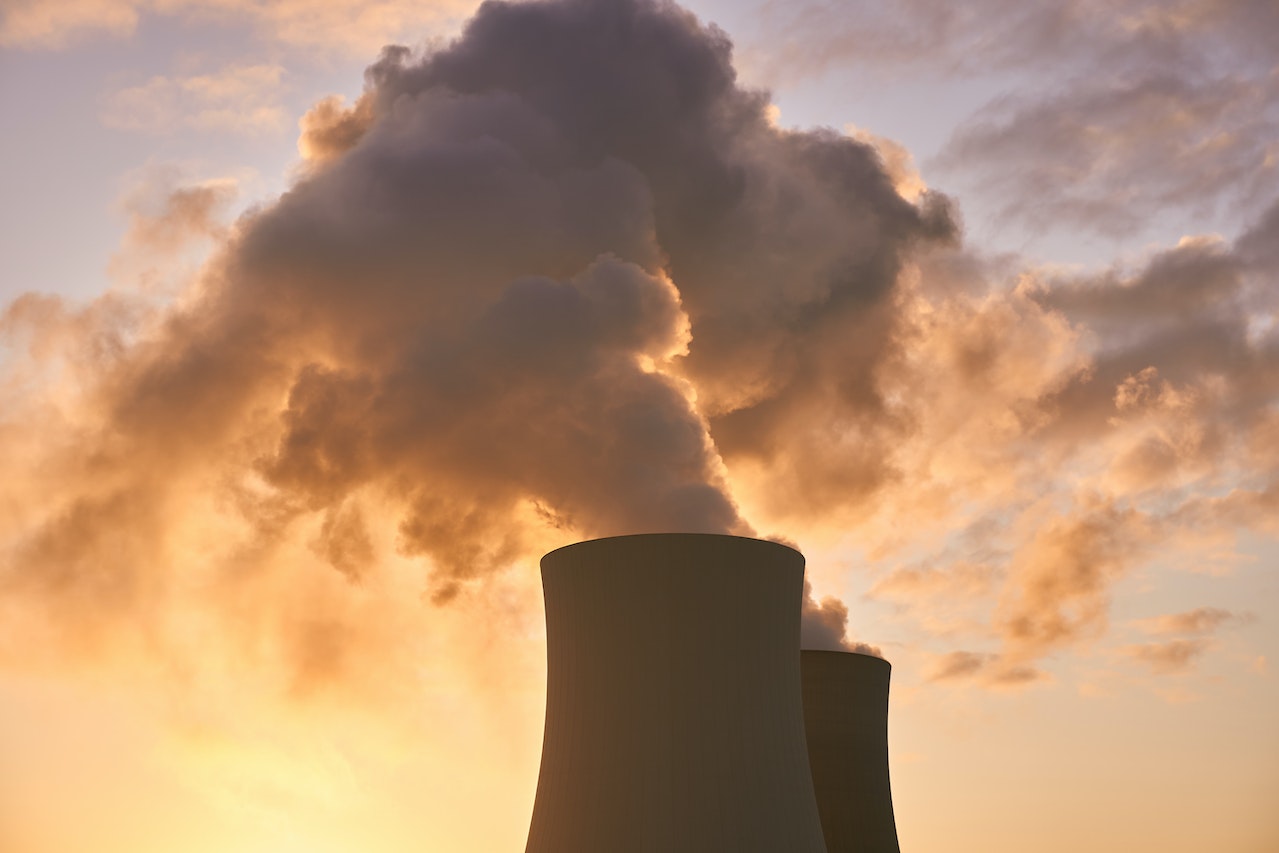
Advantages and Disadvantages of Non-Renewable Energy
There have been long-running debates on the advantages and disadvantages of non-renewable energy sources. Hence, the consumers must be aware of both sides of the coin. Mentioned below is an overview of the advantages and disadvantages of non-renewable energy
All About Non-Renewable
Resources
Non-renewable energy is derived from a resource that cannot be replaced or is replaced slowly and gradually by only natural processes. The resources that would be referred to as non-renewable are fossil fuels like coal, gas, and oils. Nuclear energy is also considered a non-renewable source because there is a limited supply of uranium in the Earth’s crust.
Read the
Latest News
- News
- 2025-08-28
Ghostwriter in Essay Writing: The Hidden Craft of Academic Support
When students encounter overwhelming deadlines or complex research tasks, they often turn to unexpected solutions. Among them is the subtle yet impactful role of the ghostwriter. The concept may sound mysterious, but in practice it is about providing structured guidance, linguistic refinement, and reliable research assistance. While browsing through academic resources such as https://studibucht.de/bachelorarbeit/, one can quickly see how crucial…
Space-based Solar Power: Collecting Sunlight Beyond Earth
Imagine a world where power generation is not bound by the limitations of our atmosphere, where energy can be harnessed continuously without the interruptions of nightfall or cloudy skies. This vision embodies the essence of space-based solar power (SBSP) — an ambitious plan to capture sunlight beyond our planet. The Science Behind SBSP In the vast expanse of space, solar…
- Power
- 2023-08-14
Personalized Energy: Custom Energy Solutions for Households
In today’s modern world, where sustainability and self-sufficiency have become more than mere buzzwords, the concept of “Personalized Energy” emerges as a beacon of hope. As we look into our homes and communities, we find an inspiring movement towards energy solutions that reflect individual needs and values. Historical Context Historically, households have depended on centralized energy sources—large power plants that…
We partner with forward-thinking
businesses
 Study the customer experience of gwriters.de and find out if you can trust the company.
Study the customer experience of gwriters.de and find out if you can trust the company.  Best offering no deposit bonus casino uk✔️
Play Casinos with bonus without deposit✔️
Our expert guide: how to get no deposit bonus, expert tips!
Best offering no deposit bonus casino uk✔️
Play Casinos with bonus without deposit✔️
Our expert guide: how to get no deposit bonus, expert tips!  When you visit the Galapagos Islands, you’ll be astonished by their exceptional commitment to ecological conservation.
When you visit the Galapagos Islands, you’ll be astonished by their exceptional commitment to ecological conservation.  Energy isn’t the only field transformed by digital innovation – the entertainment industry has seen its own revolution. Modern online casinos use advanced technologies similar to those behind renewable energy systems: fast data transfer, secure encryption, and sustainable server infrastructure.
Energy isn’t the only field transformed by digital innovation – the entertainment industry has seen its own revolution. Modern online casinos use advanced technologies similar to those behind renewable energy systems: fast data transfer, secure encryption, and sustainable server infrastructure.  Experience the thrill of an online casino Bitcoin, where you can enjoy fast deposits, instant withdrawals, and a wide range of exciting games. Play securely and win big with cryptocurrency!
Experience the thrill of an online casino Bitcoin, where you can enjoy fast deposits, instant withdrawals, and a wide range of exciting games. Play securely and win big with cryptocurrency!  Have you been getting a lot of unwanted phone calls from unknown numbers? The next time this happens, just check 1-800-database.info.
Have you been getting a lot of unwanted phone calls from unknown numbers? The next time this happens, just check 1-800-database.info.  Their website is like a sunny day in the park for your Canadian real estate search, brightened further by green solar energy options for eco-friendly living. It’s a place where finding a home is as joyful and refreshing as a breeze, with a focus on sustainability that makes every step of your journey feel light and full of promise.
Their website is like a sunny day in the park for your Canadian real estate search, brightened further by green solar energy options for eco-friendly living. It’s a place where finding a home is as joyful and refreshing as a breeze, with a focus on sustainability that makes every step of your journey feel light and full of promise.  It is just a place for slot game enthusiasts from Canada, New Zealand, India and Australia. 1Go Casino offers an extensive lineup of slot titles, ensuring the thrill is continuous.
It is just a place for slot game enthusiasts from Canada, New Zealand, India and Australia. 1Go Casino offers an extensive lineup of slot titles, ensuring the thrill is continuous.
 SEO for solar companies by Stigan Media is a customized service focused on elevating the online visibility and search engine positions of solar energy products through precise keyword optimization and strategic content development.
SEO for solar companies by Stigan Media is a customized service focused on elevating the online visibility and search engine positions of solar energy products through precise keyword optimization and strategic content development. 